A Swedish group that combats gun violence partnered with the Falmouth Police Department on Saturday afternoon to destroy its stash of illegal and unwanted firearms in a first-of-its-kind program that is expected to spread across Maine and the rest of the country. The remnants of the guns will be melted down and turned into high-end jewelry, pens, artwork, and other “products for peace.”
Humanium Metal, part of the Swedish nongovernmental organization IM, donates about 70 percent of the profits from the sale of the melted-down gun metal from such events to organizations that fight gun violence – including, now, the Maine Gun Safety Coalition. The coalition says it plans to use the donation from Saturday’s event to advocate for stronger gun safety laws in Maine, hand out free gun locks, and train pediatricians in educating families about gun-safety measures in the home.
Falmouth Police Chief John Kilbride said he volunteered to clean out his department’s stockpile of unwanted guns because the project is “a win-win for everyone.” Guns, he said, “fill up our evidence room, and of course we want to be a depository for folks that don’t want these in their homes or to have children get ahold of them.”
Cam Shannon, board chair of the Maine Gun Safety Coalition, said that Humanium Metal has already done work in other countries, including South America, “and one of the questions that arose was ‘Where are all of these guns coming from?’ And the answer was the United States. So Humanium was looking to partner with someone in the U.S. One of their employees is an American, and I believe he attended Bates, so he had some connection to Maine and he sought us out.”
In Maine, according to the event’s organizers, there was a 45 percent increase in gun-related deaths between 2010 and 2019, compared with a 17 percent increase nationally.
Shannon noted that Interstate 95 is known as the “iron pipeline.”
“So many people from urban centers along the east coast will travel north to Maine, or south, to places with more lax gun laws,” she said. “They’ll bring drugs in exchange for guns, and then they’ll take the guns back and use them in the commission of crimes. So some of the work we’re doing here today isn’t just to protect Mainers, but it’s the recognition that unwanted guns that can be stolen or just picked up can do harm elsewhere.”
Send questions/comments to the editors.


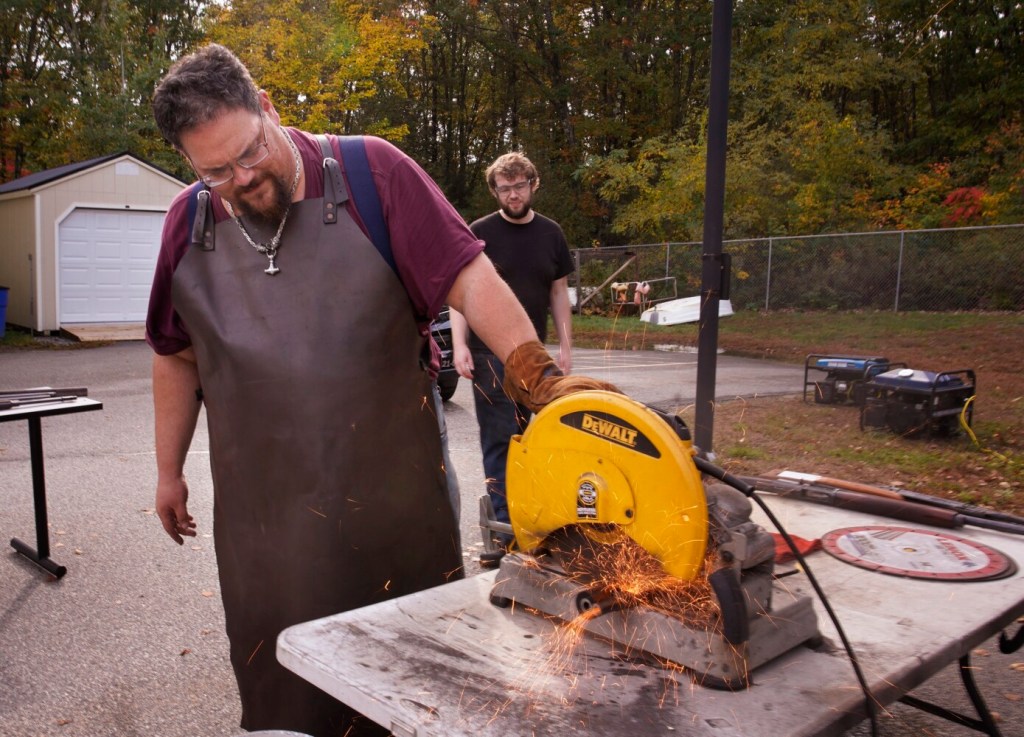
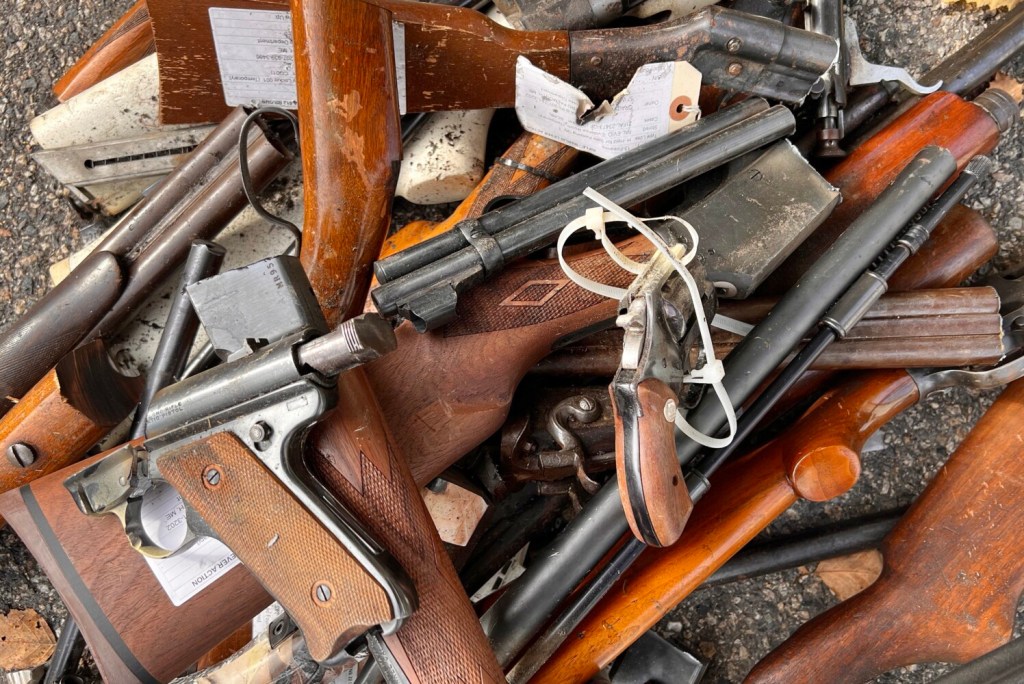
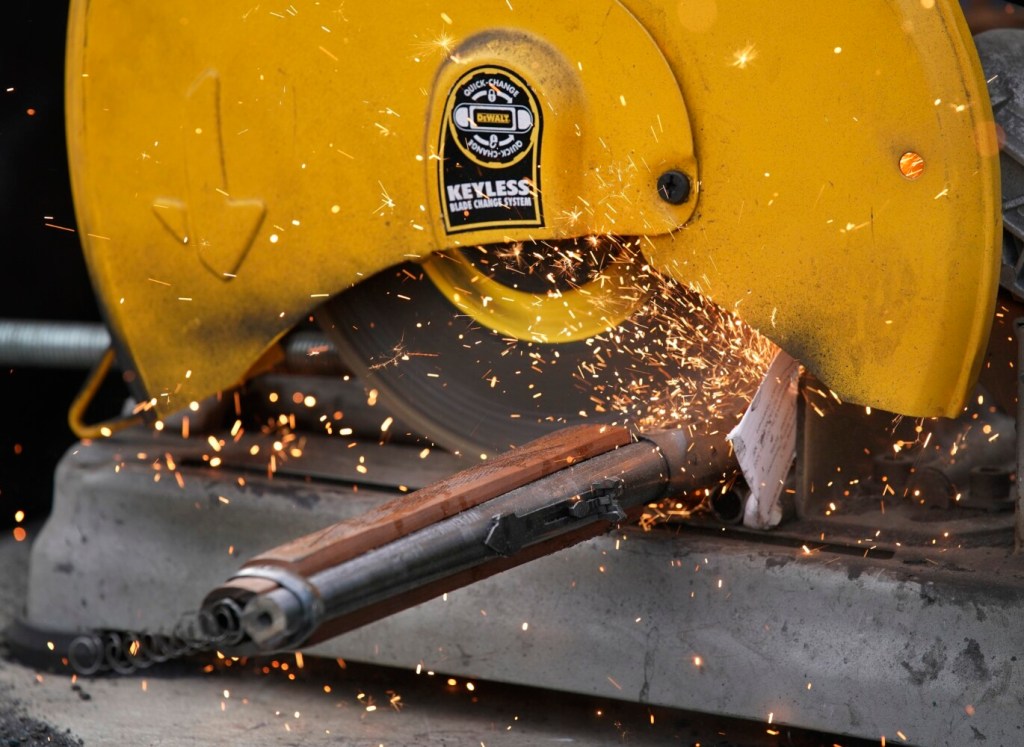
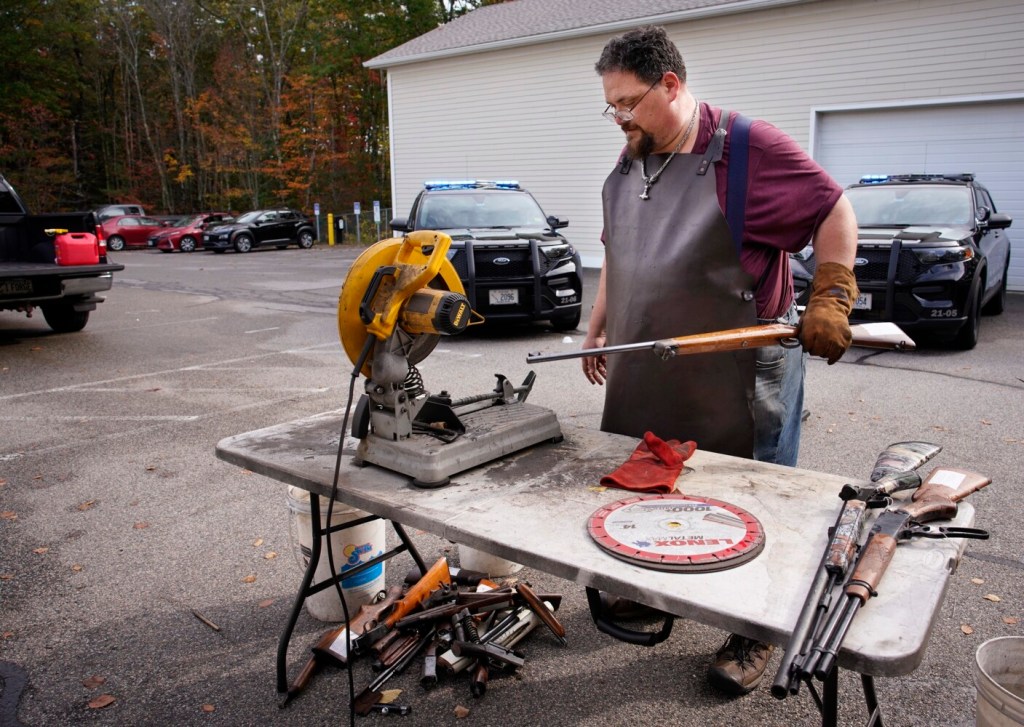
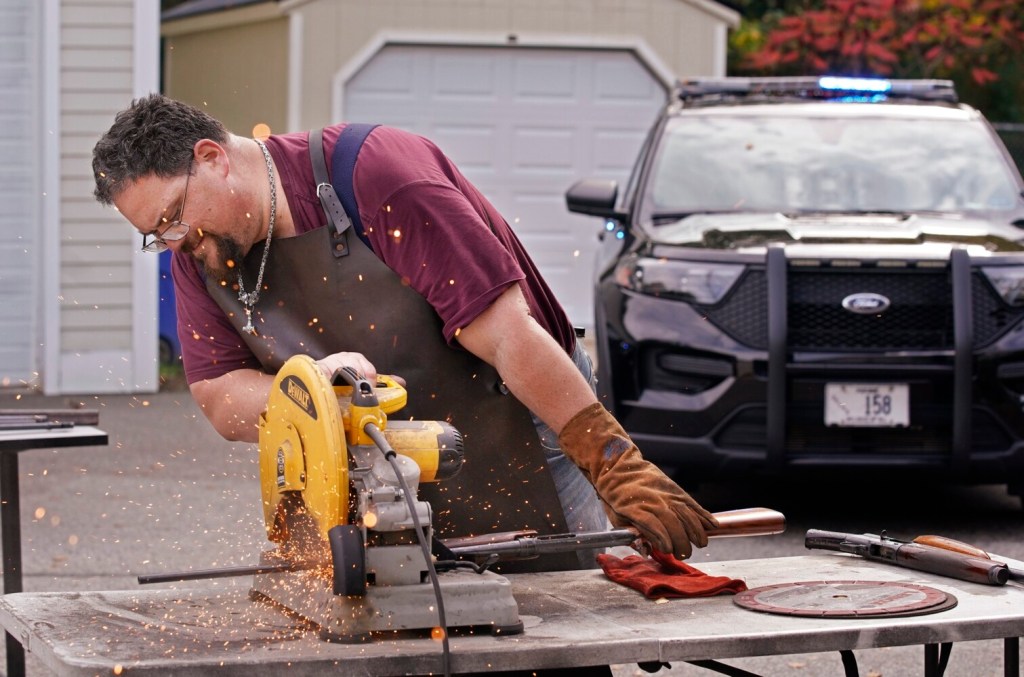

Success. Please wait for the page to reload. If the page does not reload within 5 seconds, please refresh the page.
Enter your email and password to access comments.
Hi, to comment on stories you must . This profile is in addition to your subscription and website login.
Already have a commenting profile? .
Invalid username/password.
Please check your email to confirm and complete your registration.
Only subscribers are eligible to post comments. Please subscribe or login first for digital access. Here’s why.
Use the form below to reset your password. When you've submitted your account email, we will send an email with a reset code.